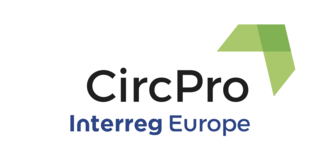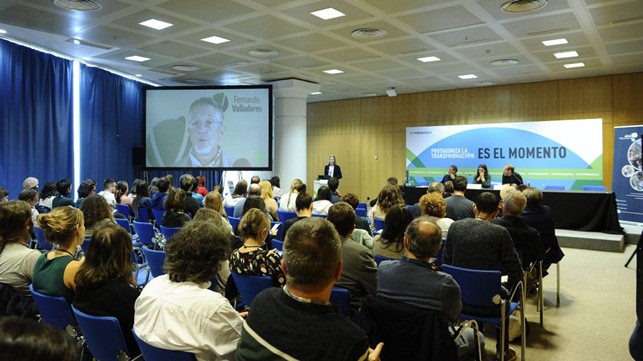Over a year, Lithuania has made a step forward in shaping a more circular and sustainable policy agenda that also includes procurement policy. Two most prominent initiatives – the inclusion of green public procurement (GPP) as a horizontal sustainability criterion in National Progress Program, and the project “Roadmap for Lithuania’s industrial transition to a Circular Economy” implemented by the Ministry of Economy and Innovation.
Lithuania‘s National Progress Program (NPP) is the main long-term planning document that sets strategic goals that should be achieved by 2030. The most recent review of the program resulted in a positive outcome – now the share of green public procurement is considered as a horizontal criterion for sustainability among ministries and other public institutions. Based on European Commission recommendations, Lithuania seeks to reach 50% of GPP from all public procurement by 2020 and 55% by 2030. GPP is an indicator is now applicable to all ministries and must be achieved throughout the whole public sector. Unfortunately, the NPP does not include any provisions for circular procurement as this measure has not been investigated on a political level, though the new project by the Ministry of Economy and Innovation might improve this situation.
In June 2019 Ministry of Economy and Innovation of the Republic of Lithuania started to implement a project “Roadmap for Lithuania’s industrial transition to a Circular Economy”. The roadmap will serve as an action plan for an industry transformation towards a circular model with a particular focus on industrial symbiosis and value chains. It will also include provisions that would promote and clarify the enabling role of public authorities in the transition.
The role of procurement in the overall transition towards circular economy is undeniably critical, and to have GPP as a horizontal sustainability progress indicator on a national strategic level is the first step towards it. However, now it is very important to integrate GPP as a strategic tool into operational documents and the procurement strategies of organizations, in order to achieve the actual change and impact.














